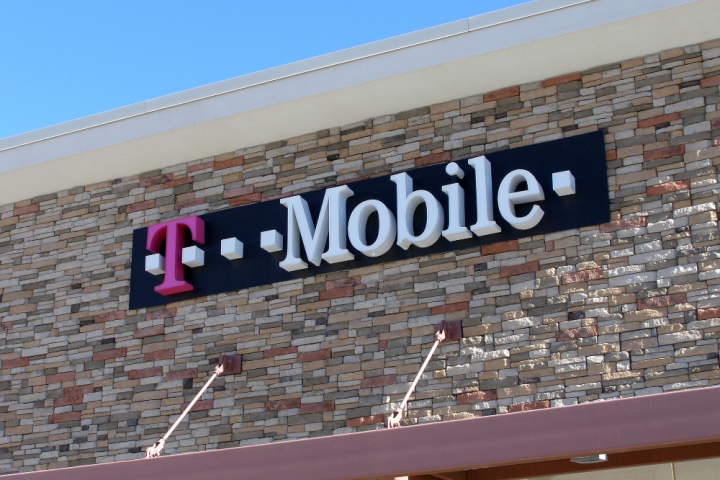
T-Mobile talked up its Uncarrier strategy and how, since its inception back in March 2013, competitors like Verizon and AT&T have implemented similar tactics, such as dropping two-year contracts in favor of equipment installment plans (EIPs). However, it is because other carriers mimicked its offerings that T-Mobile believes the U.S. wireless industry became more competitive over the years.
“Since our first Uncarrier announcement more than three years ago, we have relentlessly challenged the status quo in the wireless industry by identifying and removing consumer pain points,” the FCC filing reads. “The large incumbent carriers have taken notice and responded by replicating some of the most popular features of our innovative programs albeit often without offering the same high level of consumer benefit.”
The carrier was not entirely beneath chastising others, however, as T-Mobile threw Verizon plenty of shade for the latter’s plan changes on Thursday, July 7. As T-Mobile and plenty of others pointed out, Verizon increased the monthly data allotment for all of its postpaid plans, but also increased their monthly costs. Verizon did not see the changes as price hikes, since the price per gigabyte decreased.
Regardless, because of T-Mobile’s so-called “innovative products,” the carrier believes there is no further need for regulation, which was originally put in place in order to spur competition.
“T-Mobile therefore urges the Commission to consider these developments as part of its annual assessment of competition in the mobile wireless market as well as when the agency evaluates potential actions that allow for ongoing and vigorous competition amongst providers,” T-Mobile wrote.
T-Mobile ended the letter by urging the FCC to pay close attention to any actions that might “inhibit or limit the ability of competitors like T-Mobile to offer innovative products and services to consumers.”
The FCC is scheduled to release its annual report on the state of the wireless industry by year’s end.
Editors' Recommendations
- T-Mobile still has the fastest 5G, but its rivals are catching up
- The 5G speed race is over and T-Mobile has won
- T-Mobile’s 5G is still unmatched — but have speeds plateaued?
- T-Mobile is leaving AT&T and Verizon in the 5G dust
- It’s late 2022, and Verizon and AT&T still can’t beat T-Mobile’s 5G network

